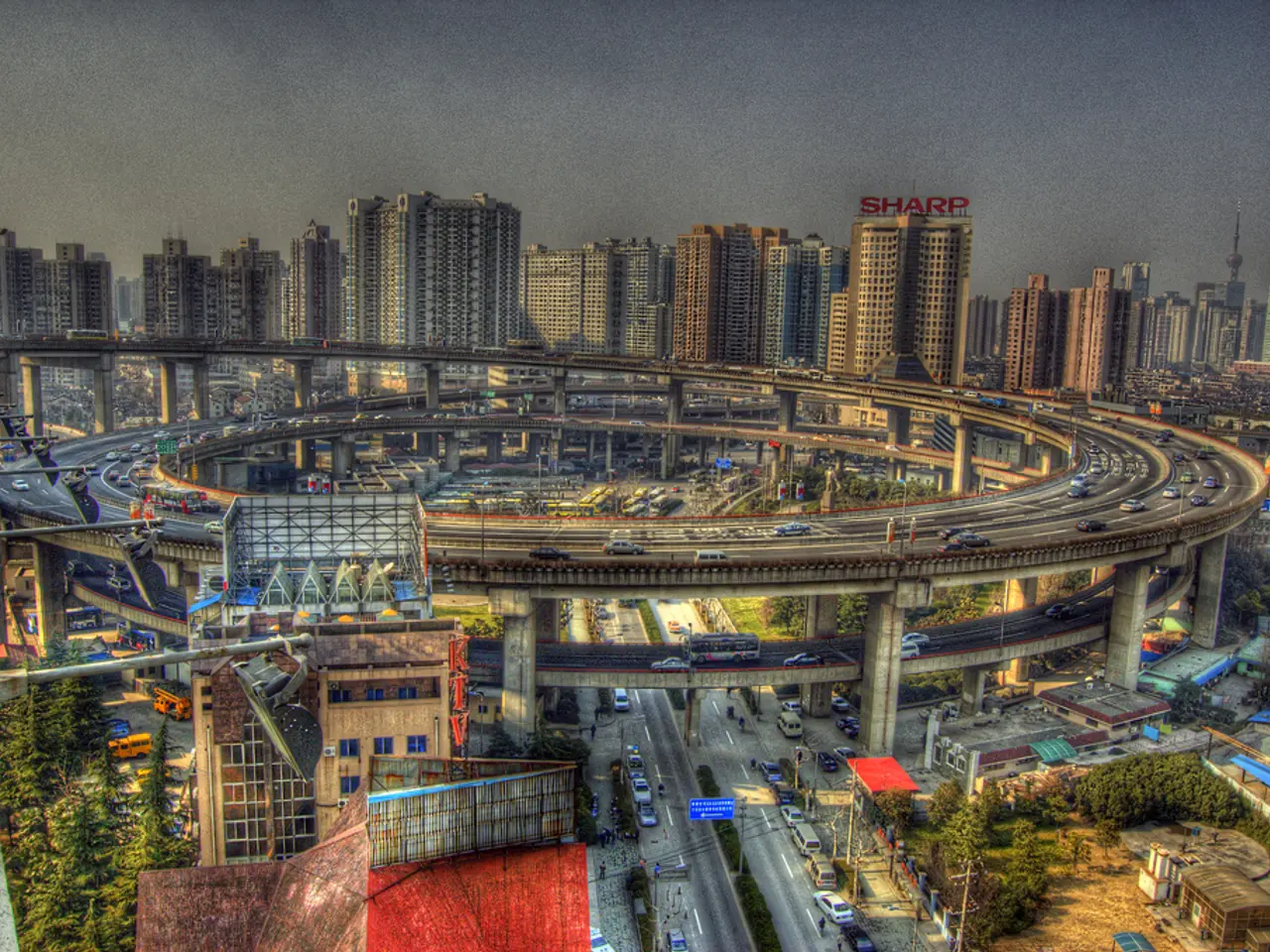Living in the Swiss countryside is generally not preferred by many foreigners.
In Switzerland, a significant number of immigrants are choosing to settle in urban areas, according to recent research. This preference is driven by the exceptional quality of life, world-class infrastructure, and strong economic opportunities offered by cities like Zurich, Geneva, Bern, and Basel.
These cities consistently rank high in liveability rankings, with Zurich securing the second spot in Mercer’s Quality of Living Index in 2023. Geneva and Bern also frequently appear in top liveability rankings.
Immigrants are drawn to these cities for various reasons. Superior healthcare and public safety, efficient, multilingual public transport and infrastructure, environmental cleanliness and high air quality, cultural richness, access to multilingual international schools, and strong economic competitiveness, offering ample professional opportunities, are some key factors.
Moreover, these urban centres, located in Switzerland's densely populated plateau region, provide a balance between urban life and preserved natural surroundings. The presence of well-established expatriate communities and international institutions also makes cities like Geneva and Zurich particularly attractive for foreign professionals.
Despite the high cost of living, the allure of these cities' lifestyle and career prospects is strong. Nearly a quarter of Switzerland’s population consists of foreign nationals, reflecting the country’s strong immigration pull toward these key urban centers.
However, this preference for urban living has created housing shortages, as the demand for rental accommodations exceeds the supply in many cities. The study suggests the existence of network effects, pushing new immigrants to establish themselves near the diaspora.
Immigrants often prefer to live among or in close proximity to other foreigners, often of the same nationality. The length of the commute to work, as well as the presence of schools in the vicinity, are also factors considered by foreigners when choosing urban living.
Interestingly, only about a third of immigrant households consider moving to the countryside, compared to 40 percent of Swiss people. The living space per person is significantly lower for foreigners than for Swiss.
Despite the challenges, immigrants continue to flock to cities like Zurich, Geneva, Basel, Zug, and the area surrounding Lausanne, due to the presence of big international companies. Foreigners prioritize proximity to the workplace, which is usually located in urban centres rather than rural areas.
The study does not provide specifics on the cultural component driving this preference, leaving room for further research. However, it is clear that Switzerland's urban centres continue to be a magnet for immigrants seeking a high quality of life and ample job opportunities.
[1] Top Liveability Rankings for Swiss Cities [2] Expatriate Communities in Swiss Cities [3] Cost of Living in Swiss Cities [4] Foreign Presence in Swiss Population
- Immigrants find a high quality of life in urban areas like Zurich, Geneva, Bern, and Basel, which consistently rank high in liveability rankings, including securing the second spot in Mercer’s Quality of Living Index in 2023.
- Superior healthcare, public safety, multilingual public transport, environmental cleanliness, cultural richness, access to multilingual international schools, and strong economic competitiveness draw immigrants to these cities.
- Despite the high cost of living and housing shortages in these urban centers, immigrants are attracted to Switzerland's cities due to the ample professional opportunities and the presence of big international companies.
- A significant number of immigrants choose to live in proximity to other foreigners, often of the same nationality, considering factors like the length of the commute to work and the presence of schools in the vicinity.
- Only about a third of immigrant households consider moving to the countryside, compared to 40 percent of Swiss people, due to factors such as lower living space per person.
- Further research is needed to fully understand the cultural component that drives the preference for urban living among immigrants, but it is clear that Switzerland's urban centres continue to be a magnet for those seeking a high quality of life and ample job opportunities.
[1] Top Liveability Rankings for Swiss Cities [2] Expatriate Communities in Swiss Cities [3] Cost of Living in Swiss Cities [4] Housing Market in Swiss Cities [5] Foreigners' Living Preferences in Swiss Cities [6] Immigrant Cultural Integration in Swiss Cities




